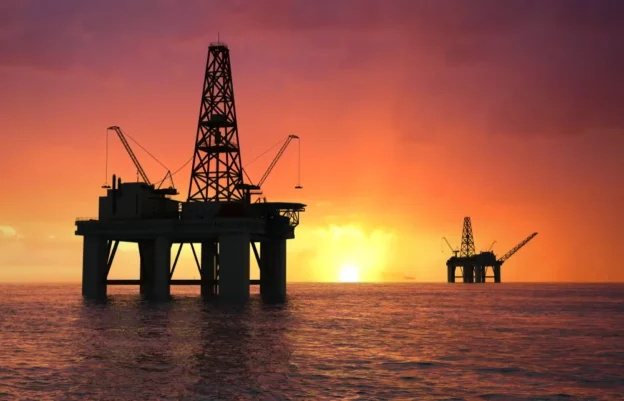Inspenet, November 9, 2023.
Following a decision by the Supreme Court of Justice, Mar del Plata could become a center of oil extraction activity in the Argentine Sea , allowing exploration at a distance of 300 km from the coast.
The resolution addressed appeals for protection presented by the Greenpeace Argentina Foundation , the Self-convoked Environmentalists and an individual, Rubén Oscar Godoy, which reached the Court’s instance. However, the highest authority Argentine court chose to reject these demands and enable seismic exploration and oil extraction off the coast of the General Pueyrredón district.
Oil production in Mar del Plata
The Mar del Plata Energy Cluster estimates that the drilling of the first deepwater hydrocarbon well in the Northern Basin of the Argentine Sea and the discovery of conventional oil will create the possibility of attract investments worth 40 billion dollars in equipment and materials of national origin. Additionally, 125,000 workers are expected to be hired in the sector over the next thirty years.
“The well, which will cost about 100 million dollars, is going to begin between next December and June of next year, but work in the port of Mar del Plata has already begun. Offshore is already happening today, it is not something that will come in 30 years“said Marcelo Guiscardo, president of the Cluster. ” This is going to continue to grow and will require a lot of people ,” he added.
One of the fundamental challenges will lie in meeting the established deadlines, since from obtaining the exploration license, approximately 8 to 10 years pass before production begins. Then, the operation phase begins, which can extend for an additional period of 30 to 40 years. According to Diego Lamacchia, Vice President of Operations at Liviticus Subsea, during this first period, it is anticipated that investments will reach around 4,000 million dollars, until the viability of the project is determined and the first amount of crude oil is extracted, which may not be possible. occur until 2030.
The fight
The judicial process was launched in December 2021, when the Ministry of Environment and Sustainable Development of the Nation announced that the suspension of the deadlines for the Environmental Impact Assessment procedure had been completed and gave its approval to the Equinor Argentina project to advance with the drilling of the first hydrocarbon well in deep waters of the Argentine Sea.
From this point on, three appeals for protection were presented seeking to stop the exploration activities and revoke the permits granted. In February 2022, Federal Court No. 2 of Mar del Plata granted the requests for precautionary measures and ordered the suspension of the project. Both Equinor and the National Government appealed the court decision.
Four months later, the Federal Chamber of Mar del Plata revoked the precautionary measure and replaced it with another that linked the progress of the project to the observance of certain specified conditions.
However, the Greenpeace Foundation led the presentation of extraordinary appeals seeking the revocation of the second instance ruling. For its part, the National Government presented an additional environmental impact statement in August 2022.
Finally, the Supreme Court dismissed the most recent extraordinary appeals, considering that they were not directed against a sentence. As a result, seismic exploration and oil exploitation were authorized at a distance of 300 kilometers from the national coast.
Don’t miss any of our posts and follow us on social media!
Inspenet: https://inspenet.com/
YouTube: https://www.youtube.com/@inspenet
LinkedIn: https://www.linkedin.com/company/inspenetnetwork
Facebook: https://www.facebook.com/inspenetnetwork
Instagram: https://www.instagram.com/inspenet/

